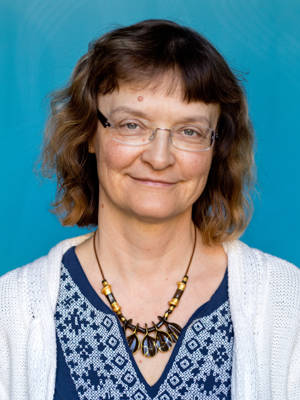The term peacebuilding became established in the international vocabulary in 1992 when the concept was set out by Boutros Boutros-Ghali, then UN Secretary-General. Since that time, a considerable amount of experience has accrued in peacebuilding after an armed conflict, before a conflict has escalated violently and even while the fighting is still going on. Conflict Resolution and Peacebuilding involves a variety of activities in the fields of security, economic development, institution-building and democratization, and dialogue and reconciliation – all in an effort to strengthen social capacities for avoiding conflict escalation and finding peaceful ways of managing and resolving contentious issues. This project is a study of the peacebuilding experience of four countries – Germany, the Netherlands, Norway and the UK – who together constitute the so-called Utstein Group, a framework for cooperation between the four on peacebuilding and development issues. The aim of the study is to produce policy-relevant conclusions in the form of guidelines for peacebuilding derived from the experiences of the four governments. The project will culminate in an international seminar in 2003 where the findings of the study will be presented and discussed.
- Keynote address by Hilde F. Johnson at Seminar on Strategic frameworks for peace-building, Leangkollen Hotel, 1 December 2003.
- Synthesis Report by Dan Smith
- Norway's contribution to the joint Utstein study of peacebuidling, by Wenche Hauge.
- Germany's contribution to the joint Utstein study of peacebuidling, by Uwe Kievelitz, et al.
- UK's contribution to the joint Utstein study of peacebuidling, by Simon Lawry-White.
- Netherlands' contribution to the joint Utstein study of peacebuidling, by George Frerks, et al.






